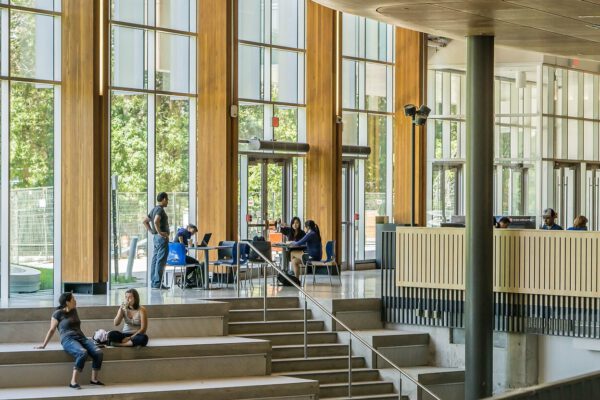Report Looks at Quality of Work/Life for Adjunct Faculty
Title: An Army of Temps: AFT Adjunct Faculty Quality of Work/Life Report
Source: American Federation of Teachers
The challenges facing adjunct faculty in higher education are well-documented, particularly as adjunct labor plays an important role in course instruction and student advising. A February 2022 report by the American Federation of Teachers (AFT) provides an update to a 2020 report examining the adjunct workforce in higher education.
Of the nearly 1,900 survey respondents, 88 percent are part-time instructors, lecturers, or adjunct faculty members, with over three-fourths employed at community colleges. Additionally, 23 percent held a doctoral degree, with 14 percent holding a terminal master’s degree, 5 percent holding a professional degree or holding ABD (all but dissertation) status, and 39 percent holding a non-terminal master’s degree. Nearly two-thirds of respondents identify as female. Such context further highlights the makeup of the adjunct workforce—one that is highly educated and predominately female-identified.
The report highlights several challenges facing adjunct faculty members, including:
- One in four respondents earn less than $25,000 annually.
- Fewer than half of respondents have access to employer-based health insurance.
- Nearly 20 percent of respondents rely on Medicaid for health-related coverage.
- Nearly 45 percent of respondents delay healthcare, including utilization of mental health services; over 60 percent have foregone dental care.
- For every three out of four respondents, employment is only guaranteed term-to-term.
- Over a third of respondents cannot identify a clear path to retirement given their current employment status
AFT suggests directing current resources and increasing public funding to invest in the adjunct labor market, and calls on Congress to consider individual pieces of the Build Back Better Act to strengthen investment in American higher education. AFT also suggests addressing many of these issues as a part of the Higher Education Act reauthorization.
To read the full report, please click here.
—Ben Cecil
If you have any questions or comments about this blog post, please contact us.


